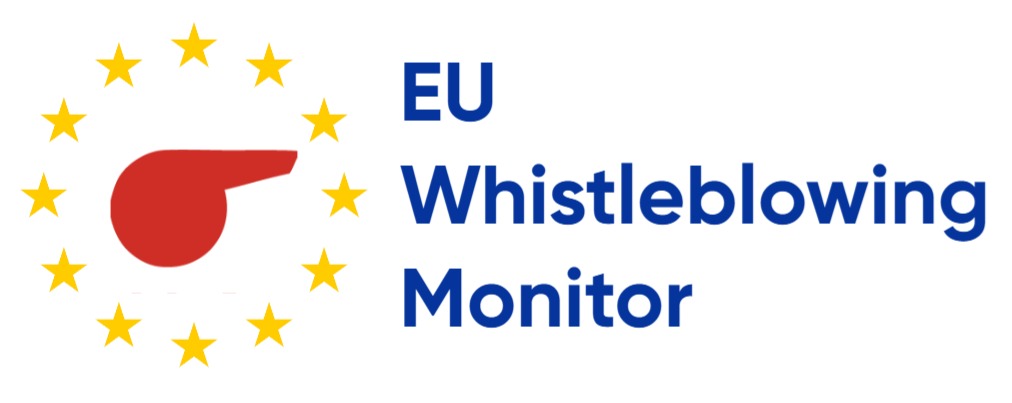Source: g4media.ro
A draft law to amend the newly adopted legislation to transpose the EU Directive on Whistleblowing has been submitted to Parliament.
The development follows criticism of the legislation adopted in December 2022 from civil society and the EU Commission. The new tabled Legislative Proposal of Art.6 para.(2) of the Law no.361/2022 will remove obligations the transposition law places on anonymous whistleblowers. This deletion, which as been initiated by the presidents of Romania’s two governing parties, has been reportedly expressly requested by the Commission.
The move has been linked to blocking of funds under the National Recovery and Resilience Plan, developed under the Next Generation EU Programme, worth 3.2 billion Euros. The transposition of the Directive is a milestone in Romania’s Plan and the amount disbursed is linked to the fulfilment of the milestones and targets.
Radu Nicolae, president of the Association for Cooperation and Sustainable development has said the amendments proposed are still not sufficient to address key weaknesses in the legal framework, particularly given problematic terminology in the provision, which will continue to refer to “clues” or “indications” – language not used in the text of the Directive.
“Whilst the new proposal would remove the need for the anonymous whistleblower to provide “solid” clues they are still requires to provide “clues” while the identifiable whistleblower is only expected to provide “information” – which is the standard used in the Directive. I think there is a legal difference between “information” and “clues” which makes the anonymous report more vulnerable to upfront dismissal. The Commission requested to remove the “solid clues” terminology and replace it with the Directive terminology of “information” as it was in the draft proposed initially by the Ministry of Justice”
The amendment of Article 6 Paragraph 2 would however remove the need for whistleblowers to give identifying details to accompany the report.
The Bill was voted immediately on in the Senate and proceeds to the Chamber of Deputies.
This is the third time legislation to transpose the EU Directive on Whistleblowing will pass through Parliament following a complicated legislative process of previous law, after the initial legislation was sent back to Parliament by Romania’s President.
